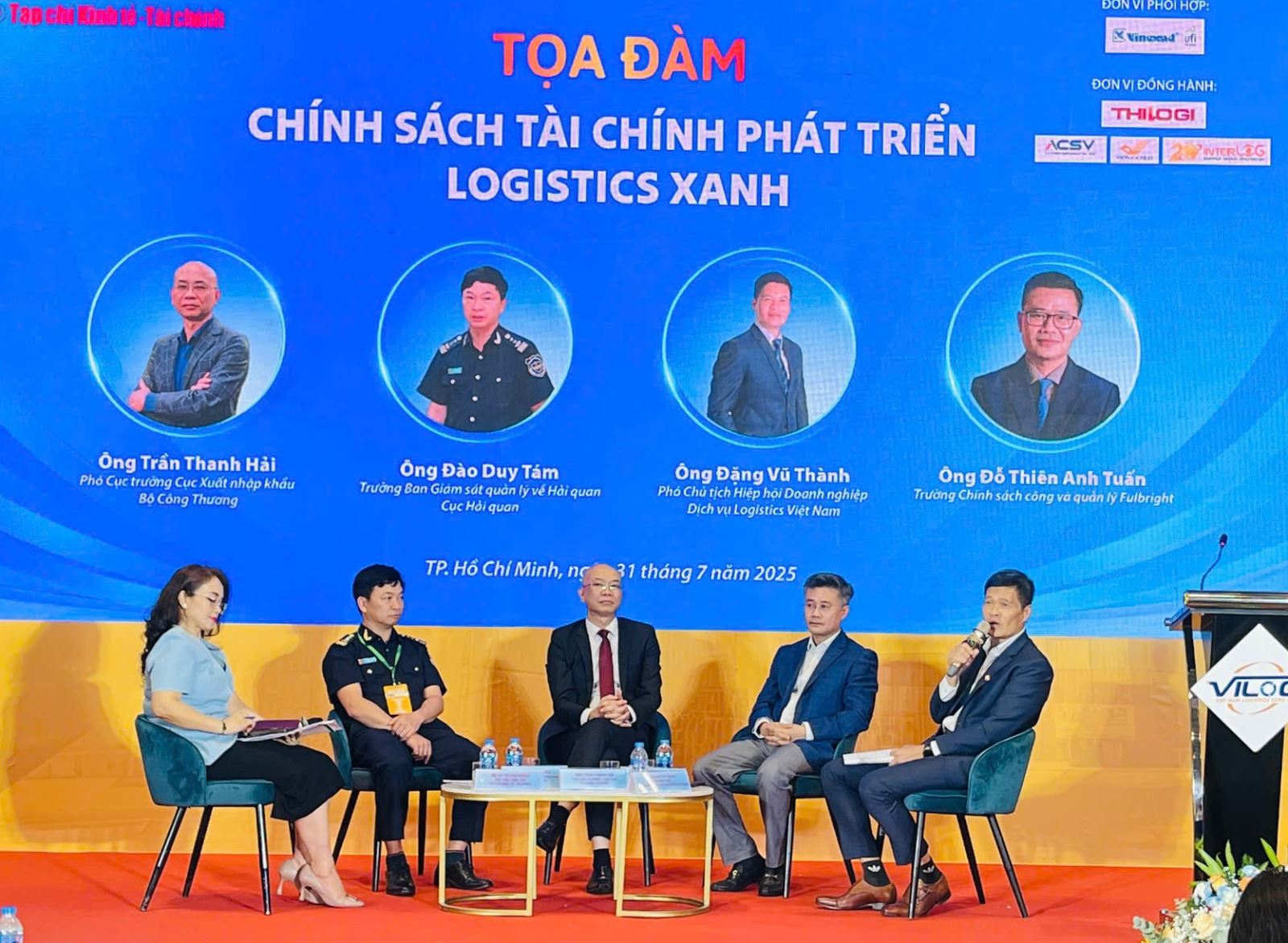
The foundation for green transformation
On the afternoon of July 31, sharing at the seminar "Financial policy for developing green logistics" organized by the Economic - Finance Magazine in collaboration with Vinexad, Ms. Vu Thi Anh Hong, Deputy Editor-in-Chief of the Economic - Finance Magazine said that with a growth rate of 14 - 16%/year and a market size of about 40 - 42 billion USD, the logistics industry is playing a pivotal role in the Vietnamese economy .
However, this comes with significant pressure on operating costs, accounting for 16-18% of GDP, and large carbon emissions, especially in the road transport sector. Therefore, if the industry does not transition to a green logistics model, it will be difficult for the industry to maintain its growth rate and meet global standards in the near future.
According to Ms. Anh Hong, currently, green logistics is one of the important pillars helping Vietnam achieve the goal of net zero emissions committed at COP26. However, the green transformation cannot operate on its own without adequate, timely and targeted financial policies.
In addition, businesses that want to go green also need to invest in environmentally friendly means of transport, energy-saving warehouses, digital emission management systems, etc. These conditions require large costs and strong support from financial policies from state management agencies.
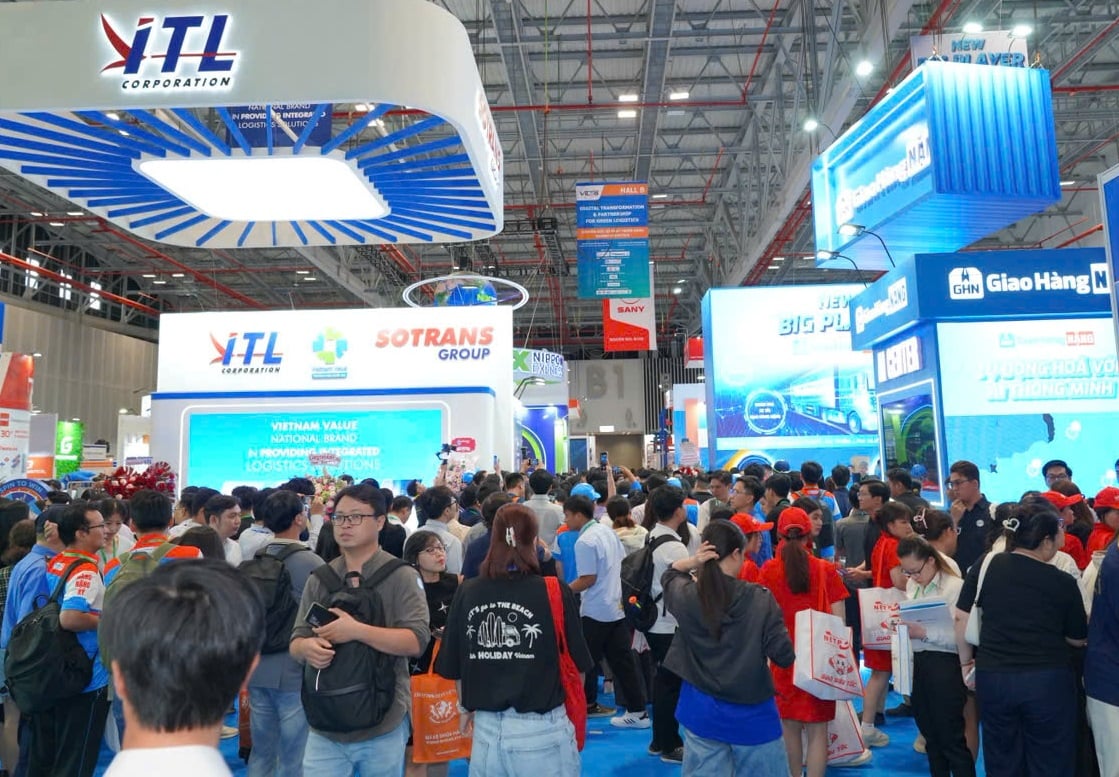
Sharing the same view, Mr. Tran Thanh Hai, Deputy Director of the Import-Export Department (Ministry of Industry and Trade), said that green logistics will be the key to helping Vietnamese enterprises increase their resilience to global fluctuations and meet market demands, especially the EU's carbon tax policies (CBAM).
“Investments in smart containers, optimized operating systems, and electric vehicles not only help protect the environment but also reduce long-term costs, especially in the context of constantly fluctuating energy prices. In addition, the advantage of green logistics lies not only in the cost aspect but also in the ability to create competitiveness. Green certification will soon become an important “commercial visa” to help businesses penetrate demanding markets.
Currently, Vietnamese enterprises, especially small and medium enterprises, are still facing numerous barriers in the journey of green logistics transformation. According to Ms. Ngo Thi Thanh Vy, Deputy General Director of Long An International Port, Vietnam has recently proactively built a national logistics development strategy and invested heavily in seaport infrastructure.
With the characteristics of being a strategic transit center in the South - an area that accounts for about 45% of the total cargo volume passing through the country's ports, Long An International Port is proving that a seaport is not only a loading and unloading place but also a green innovation hub in the entire logistics chain. However, to realize its big plans, the unit needs strong support from financial policies: from green credit, tax incentives to logistics development funds.
According to Ms. Thanh Vy, investments in environmentally friendly transportation, energy-saving warehouses or digital emission management systems are not small and not all businesses have the potential to implement them without appropriate support mechanisms. To overcome difficulties, businesses expect to expand their cooperation networks with domestic and foreign partners to build a comprehensive, modern, sustainable logistics ecosystem and promote digitalization.
Promoting digital transformation
Mr. Dao Duy Tam, Head of the Customs Management and Supervision Department (General Department of Customs) said that the customs sector has now comprehensively digitized the customs clearance process with the support of AI, blockchain, big data, QR codes, etc., helping to shorten time, reduce costs and especially contribute to reducing emissions in logistics operations.
Accordingly, 99.56% of enterprises have implemented electronic customs procedures, an encouraging figure. However, for green logistics to truly become a mainstream trend and spread to all business segments, management agencies must still focus on building and regulating a synchronous financial ecosystem. Specifically, there needs to be preferential policies on taxes, green credit, loan guarantees, support for technological innovation, and simplification of administrative procedures, all of which must be linked within a comprehensive and unified policy framework.
From a business perspective, Mr. Tony Anh, Deputy General Director of ITL Group, said that digital transformation and sustainable development are two strategic pillars in the long-term development orientation of logistics enterprises. With strong investment in modern management technology such as eFMS, eTMS, WMS, Salesforce CRM, Tableau, etc., the unit has digitized almost its entire logistics operation chain, from managing fleets, containers, barges to ports and warehouses.
The highlight is the VELA platform (digital logistics platform) that the unit is applying, providing integrated services, helping customers optimize operations, reduce costs, provide information transparency and especially contribute to the development of green logistics.
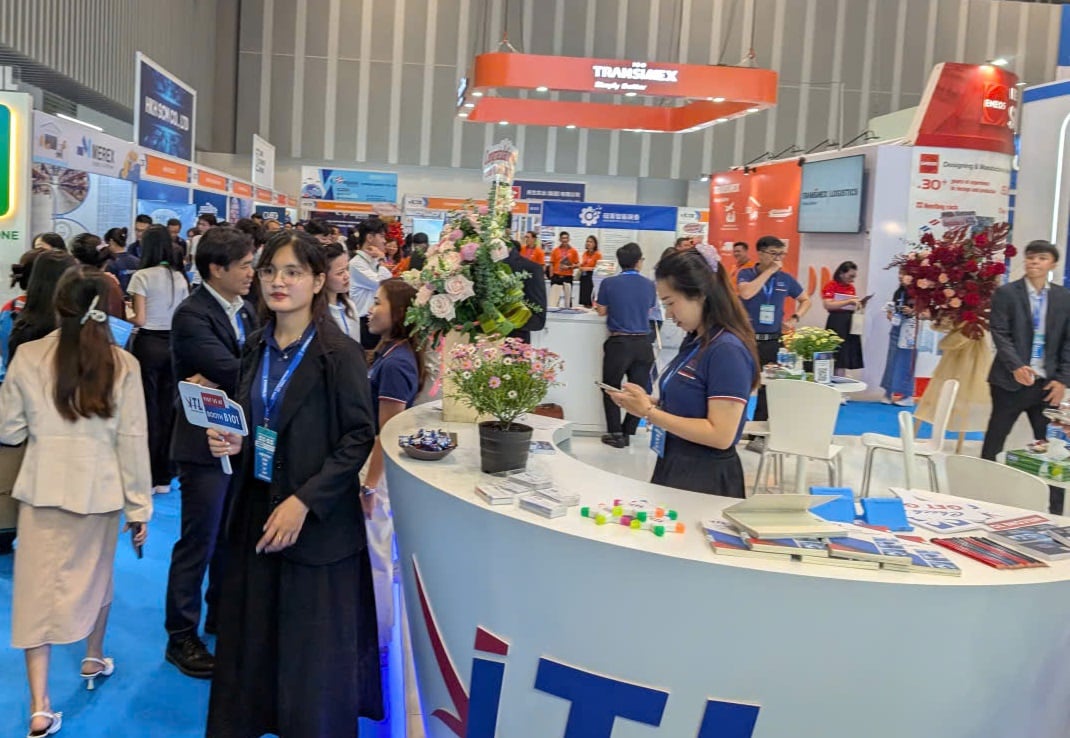
“Through digital transformation, we not only improve our competitiveness but are also ready to meet the increasingly stringent requirements of international partners. Currently, the unit is aiming to become a leading enterprise in the logistics industry in Vietnam with a revenue of 1 billion USD by 2028. To do that, we are committed to long-term investment in technological innovation, green infrastructure and high-quality human resource development," Mr. Tony Anh added.
According to economic experts, financial policy is the fundamental factor to open the door to that future. Without financial policy, businesses will not be able to transform alone and the Vietnamese economy will find it difficult to achieve the goal of greening or effective digital transformation in the global supply chain. Therefore, to promote the development of this industry, the Government needs to soon issue a comprehensive policy package, clearly designing financial tools suitable for each business size and each stage of transformation.
Coordination between the Ministry of Finance, the Ministry of Transport, the Ministry of Natural Resources and Environment and localities is a prerequisite for creating a favorable investment environment for green logistics to develop and effective digital transformation.
Source: https://doanhnghiepvn.vn/kinh-te/thuc-day-logistics-xanh-bang-cac-chinh-sach-thiet-thuc/20250801081545700


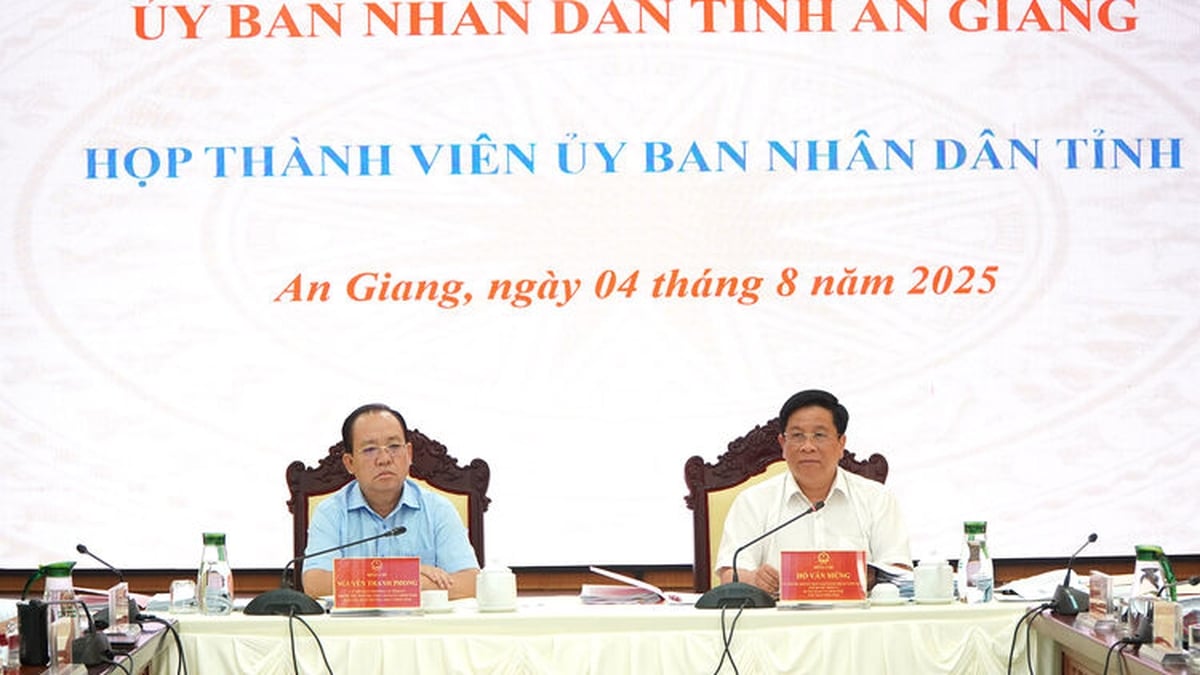
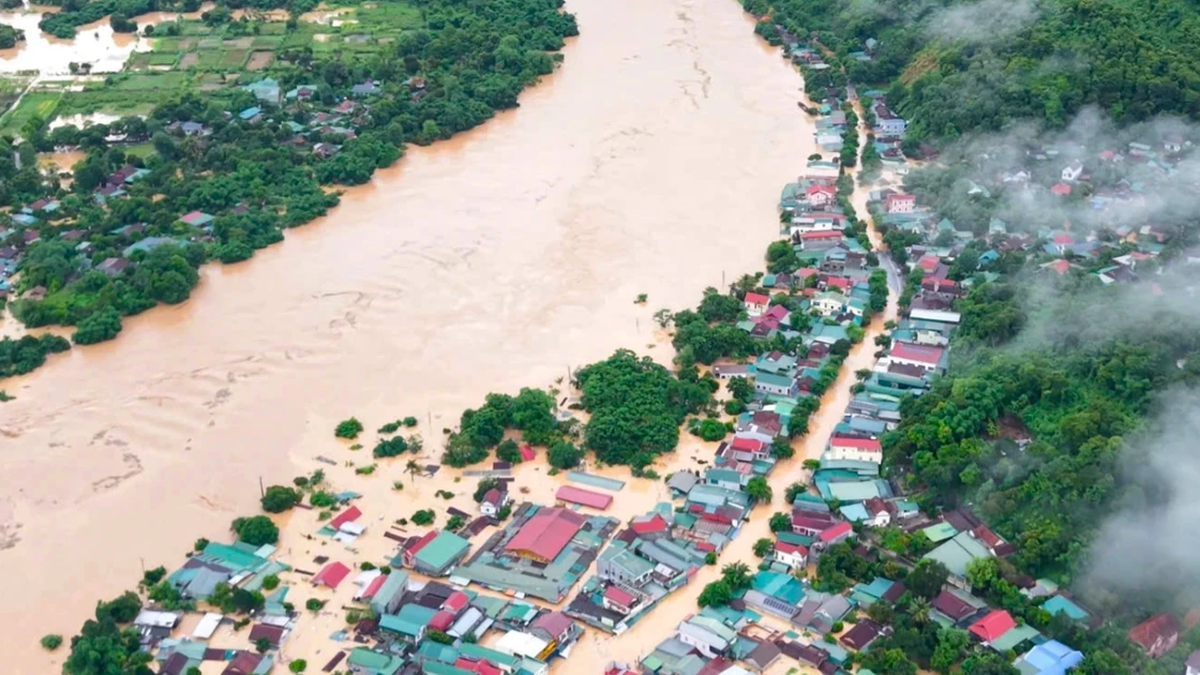

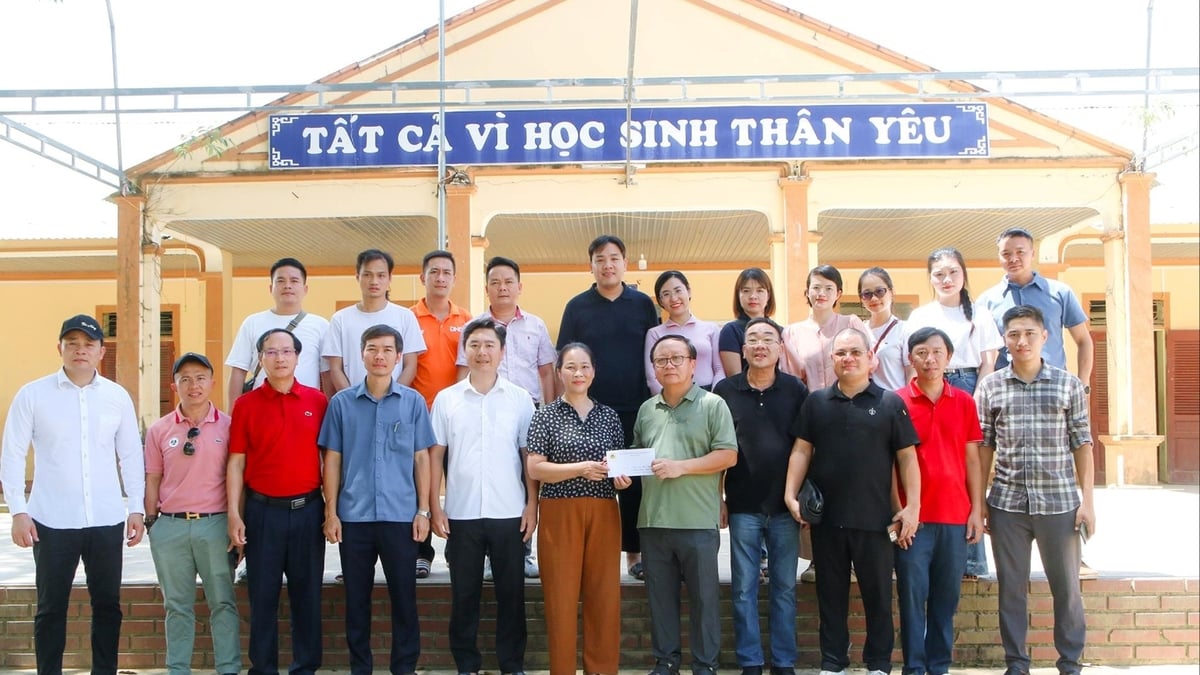
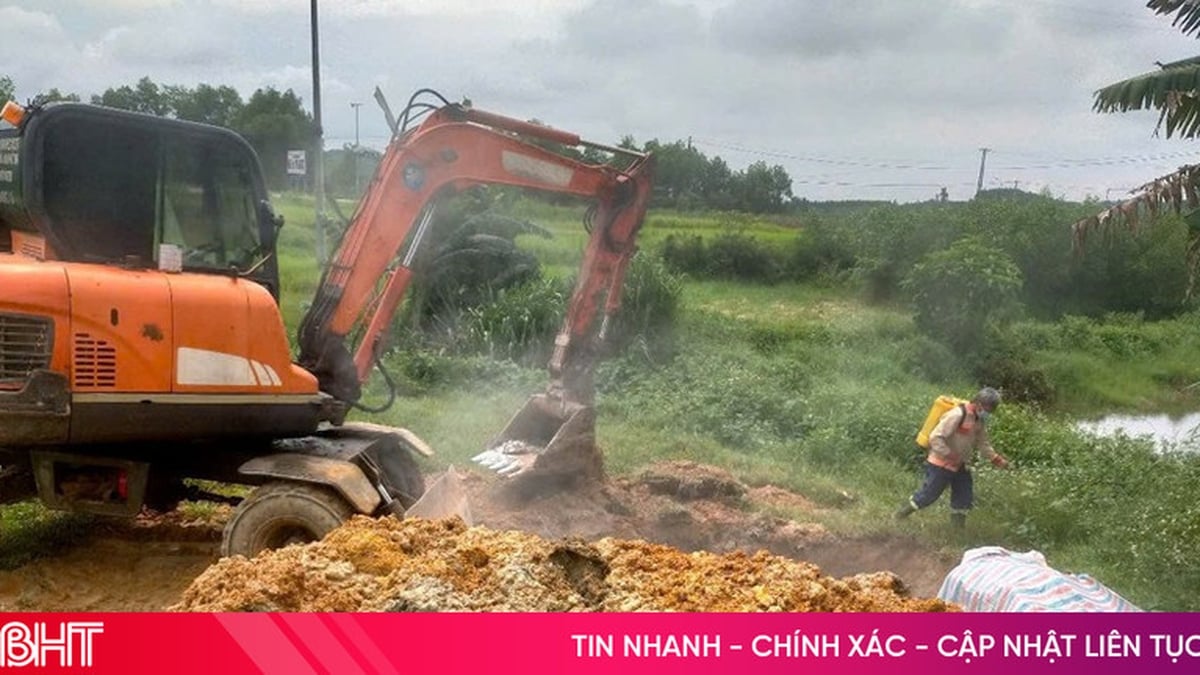


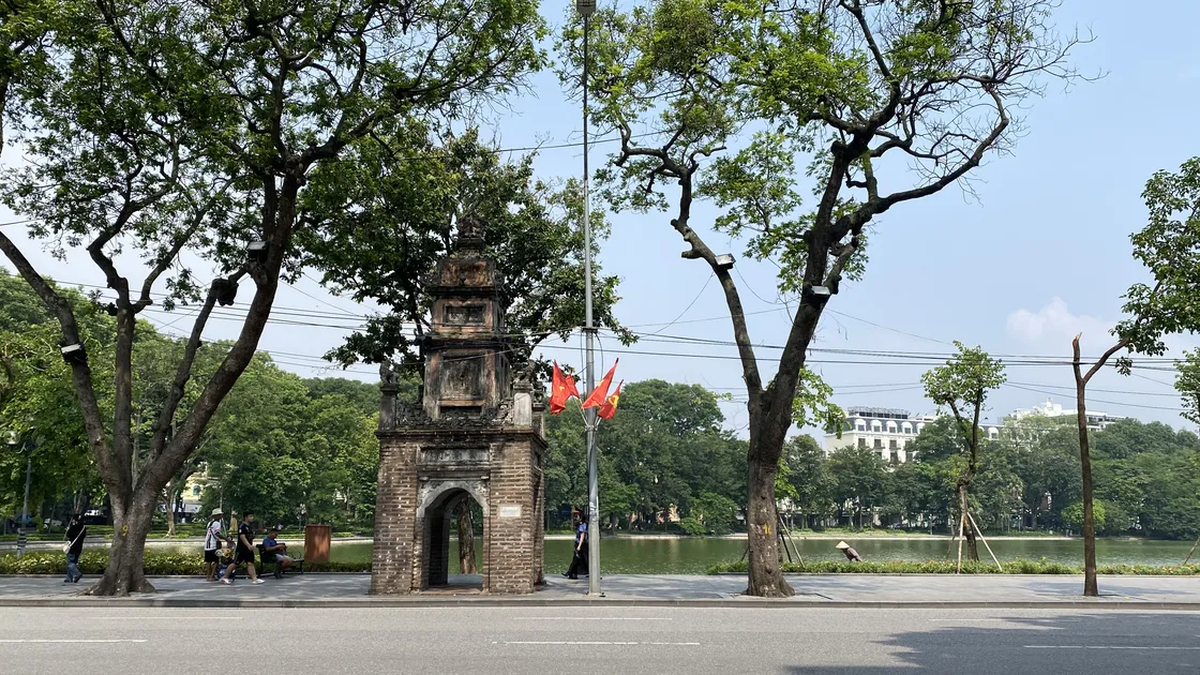













































![[Maritime News] Two Evergreen ships in a row: More than 50 containers fell into the sea](https://vphoto.vietnam.vn/thumb/402x226/vietnam/resource/IMAGE/2025/8/4/7c4aab5ced9d4b0e893092ffc2be8327)

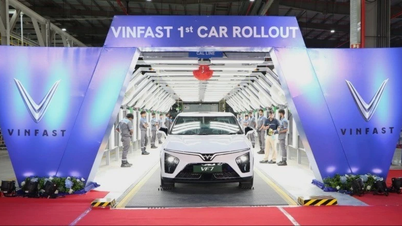


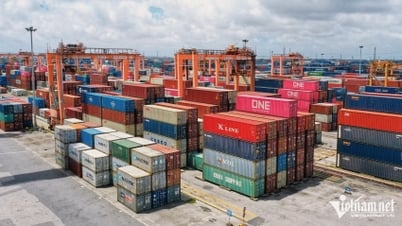



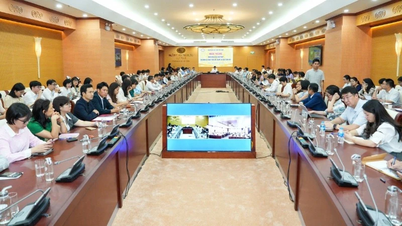

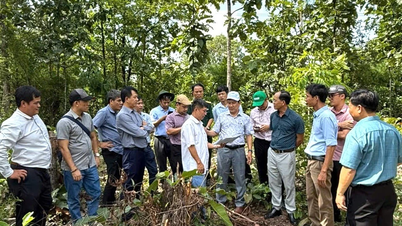


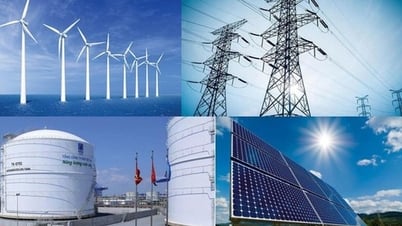




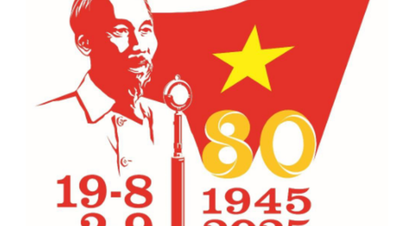























Comment (0)